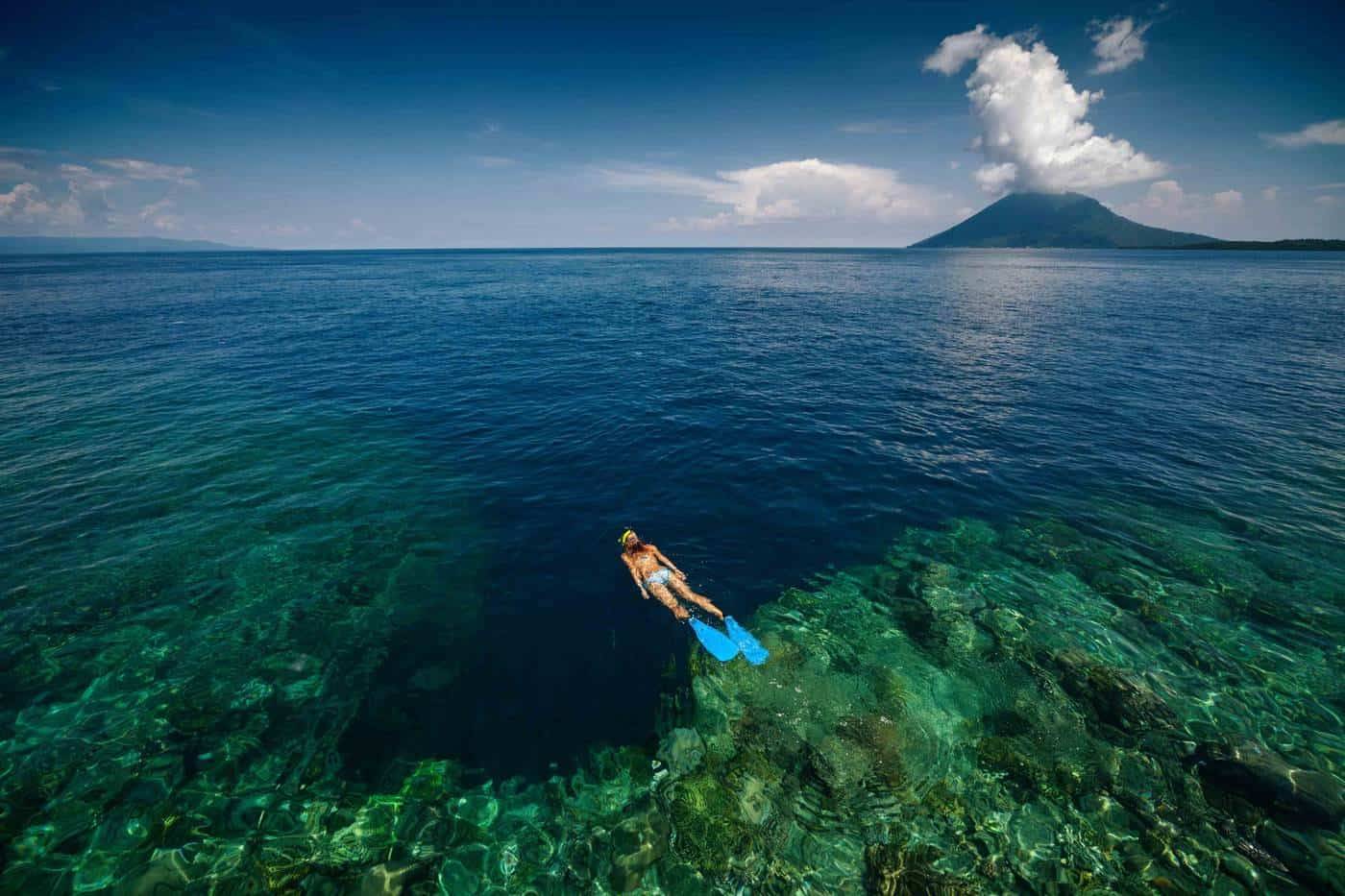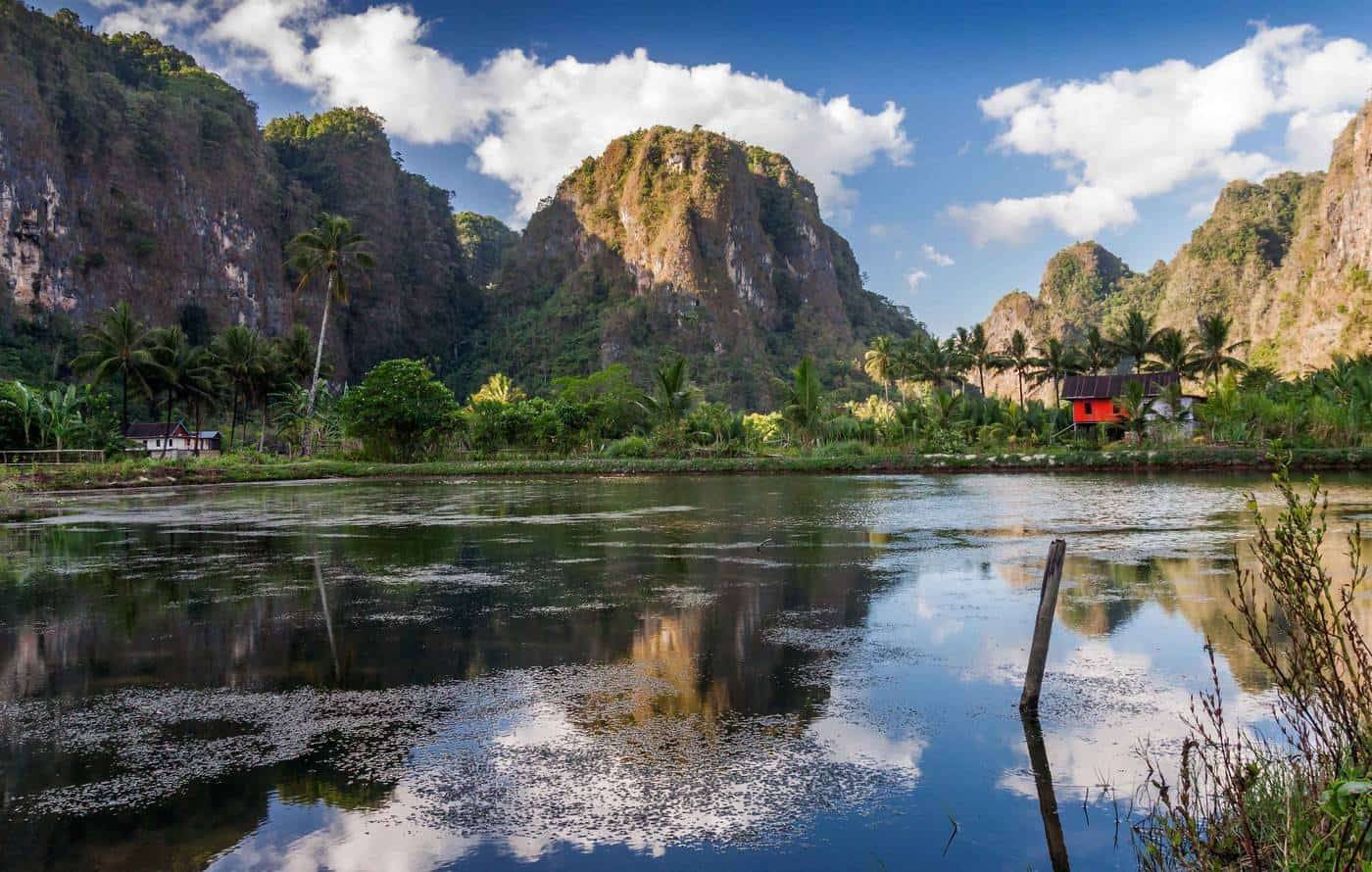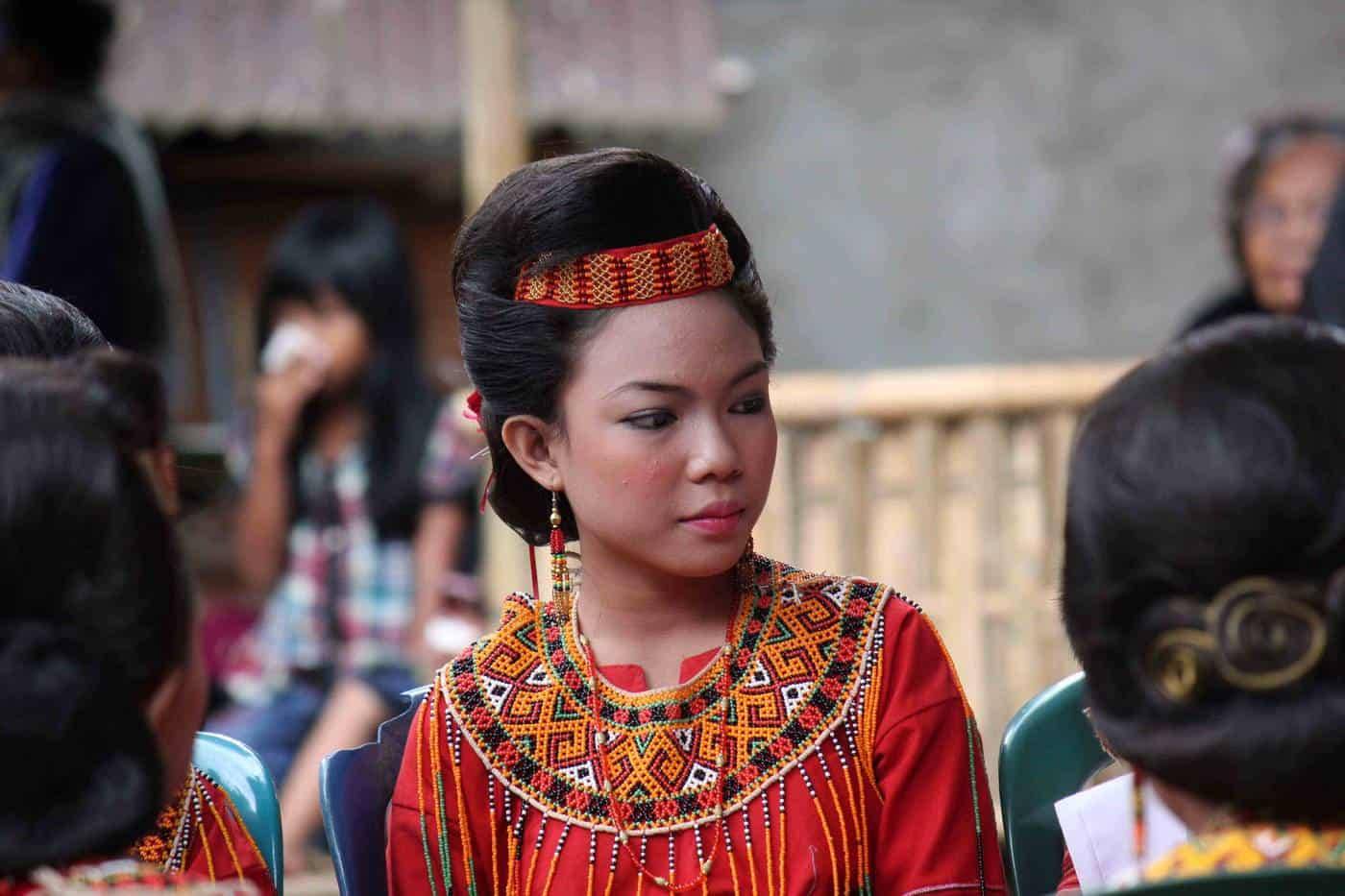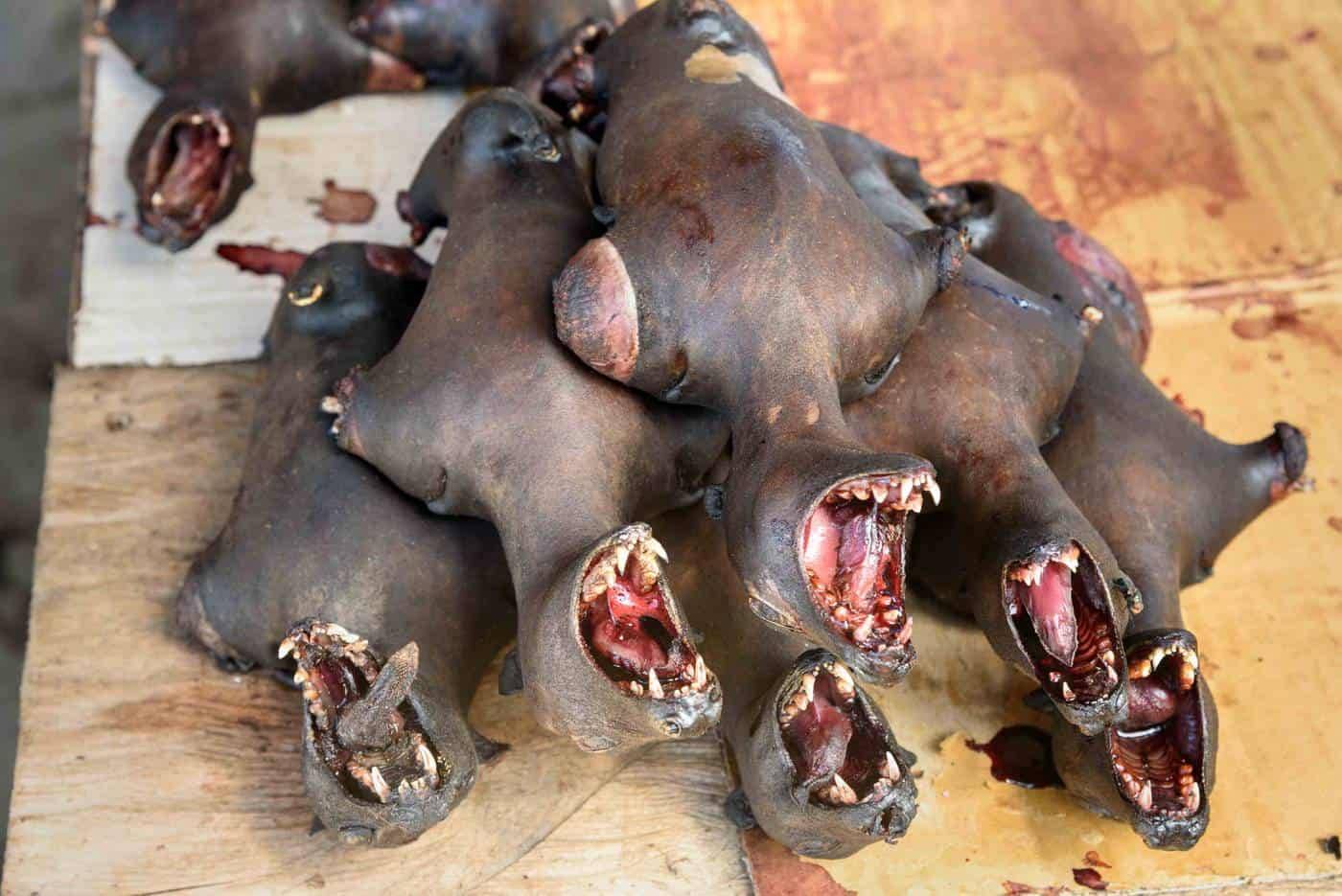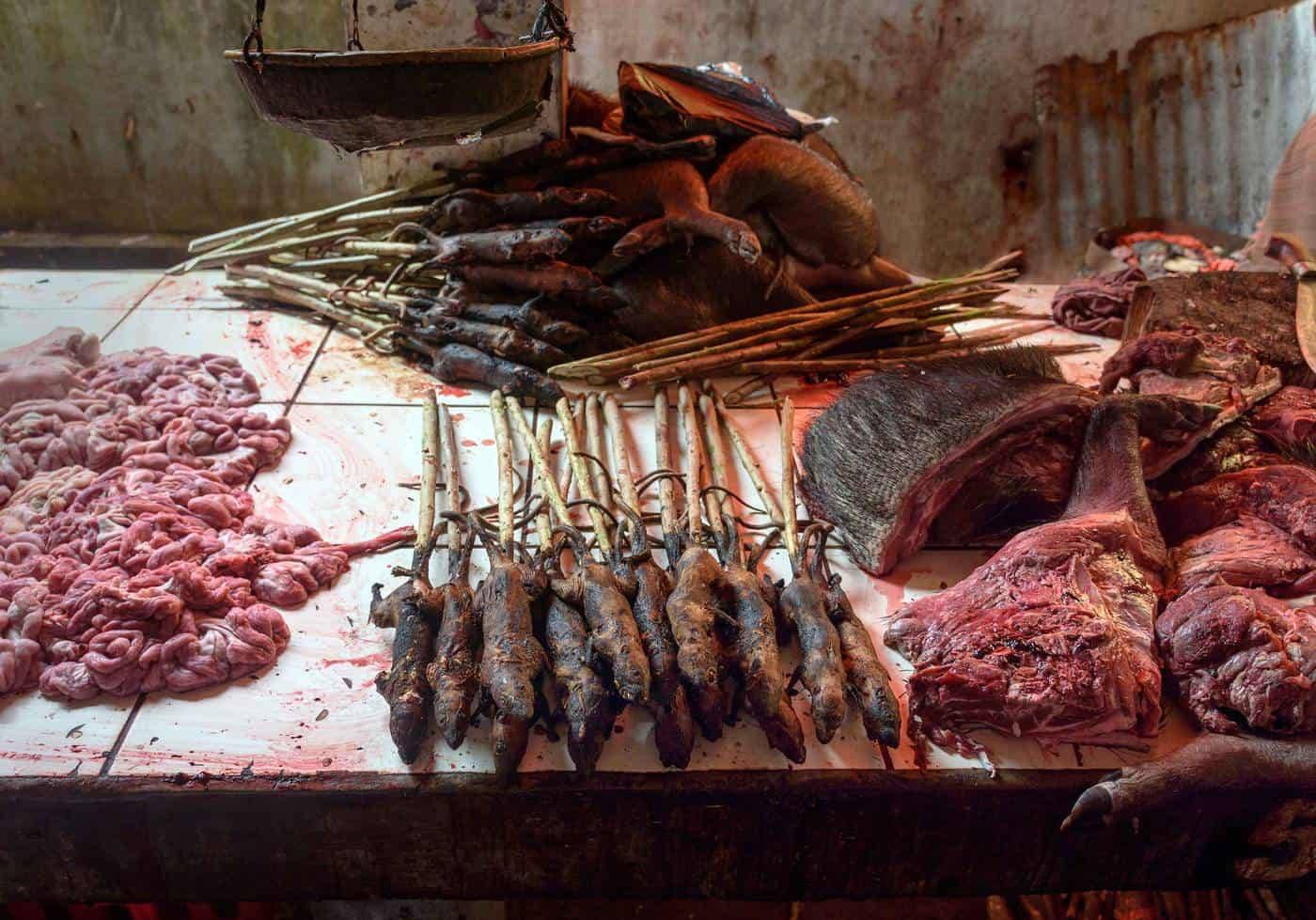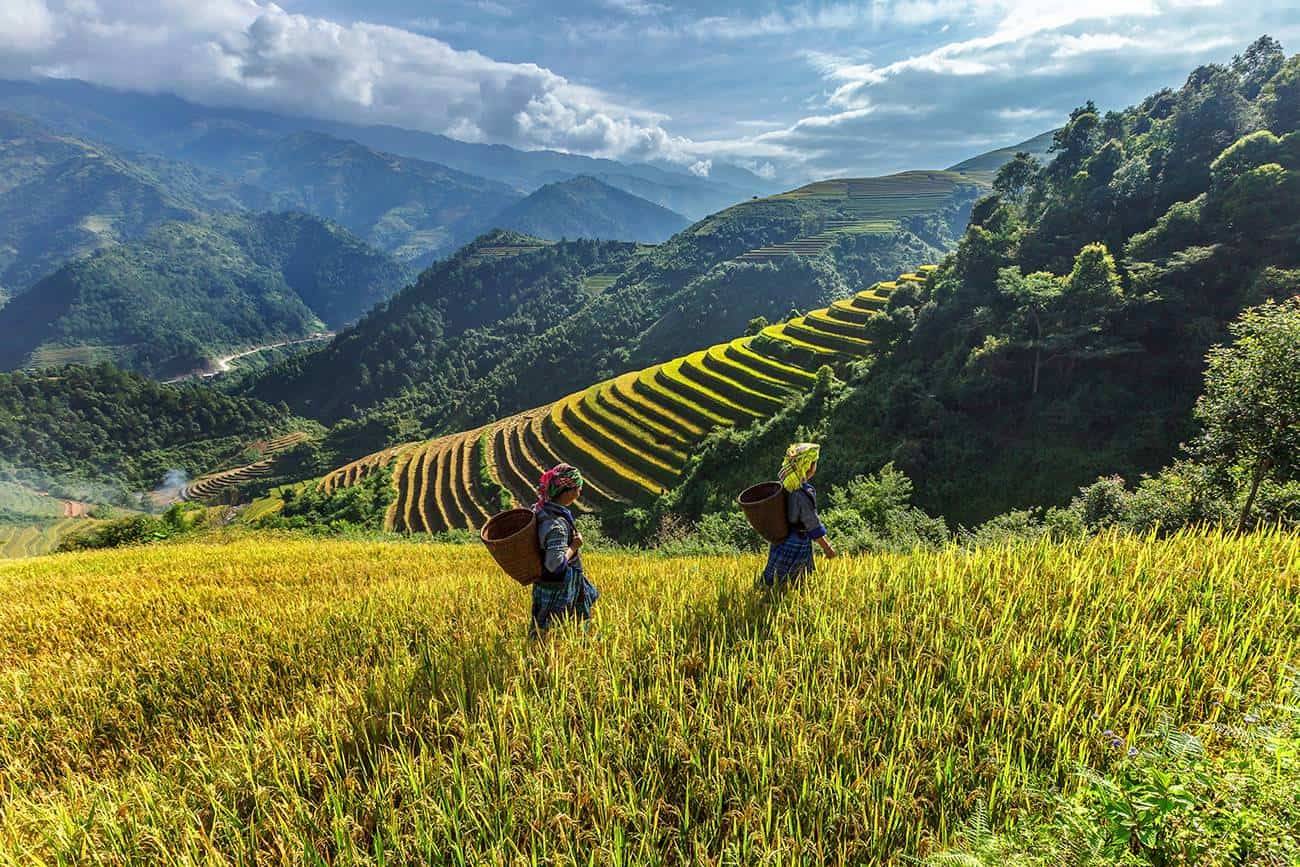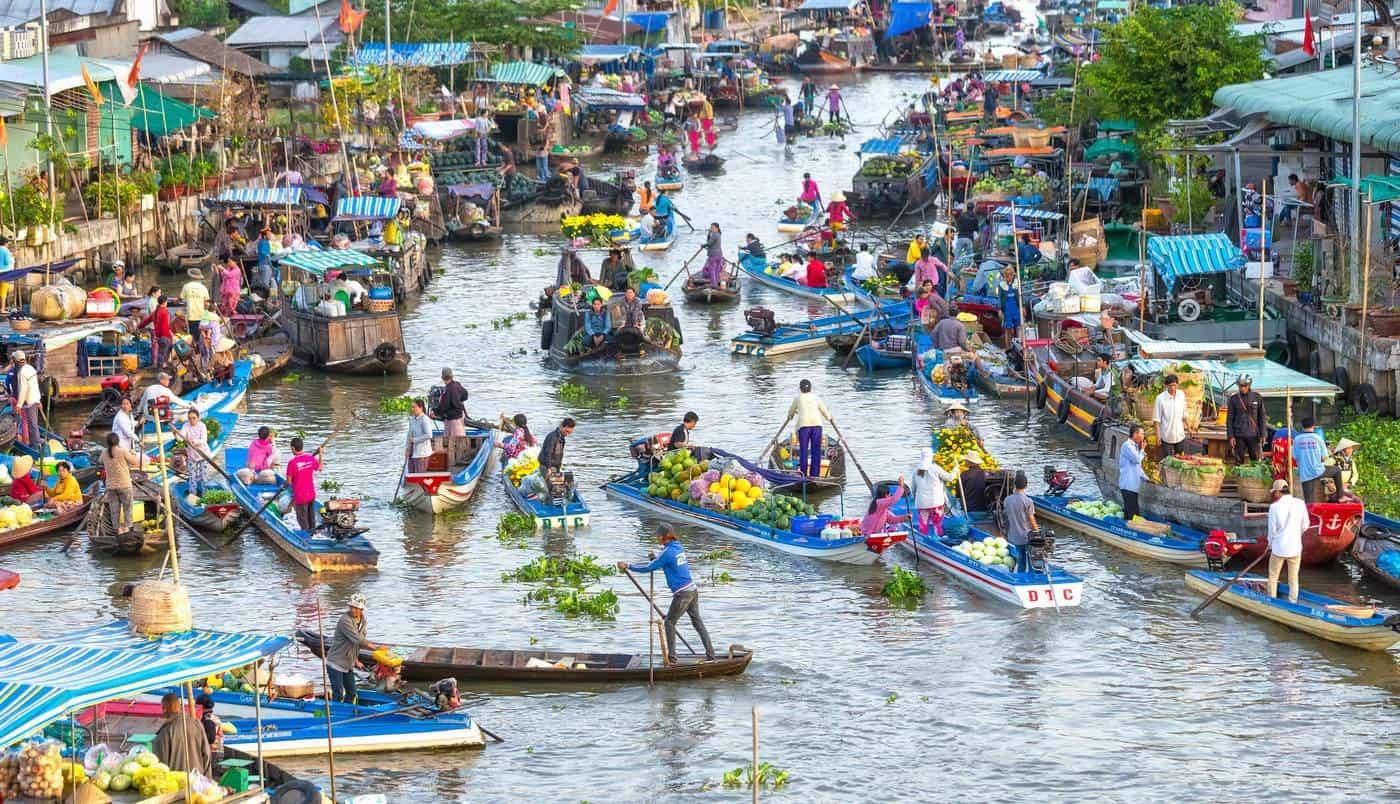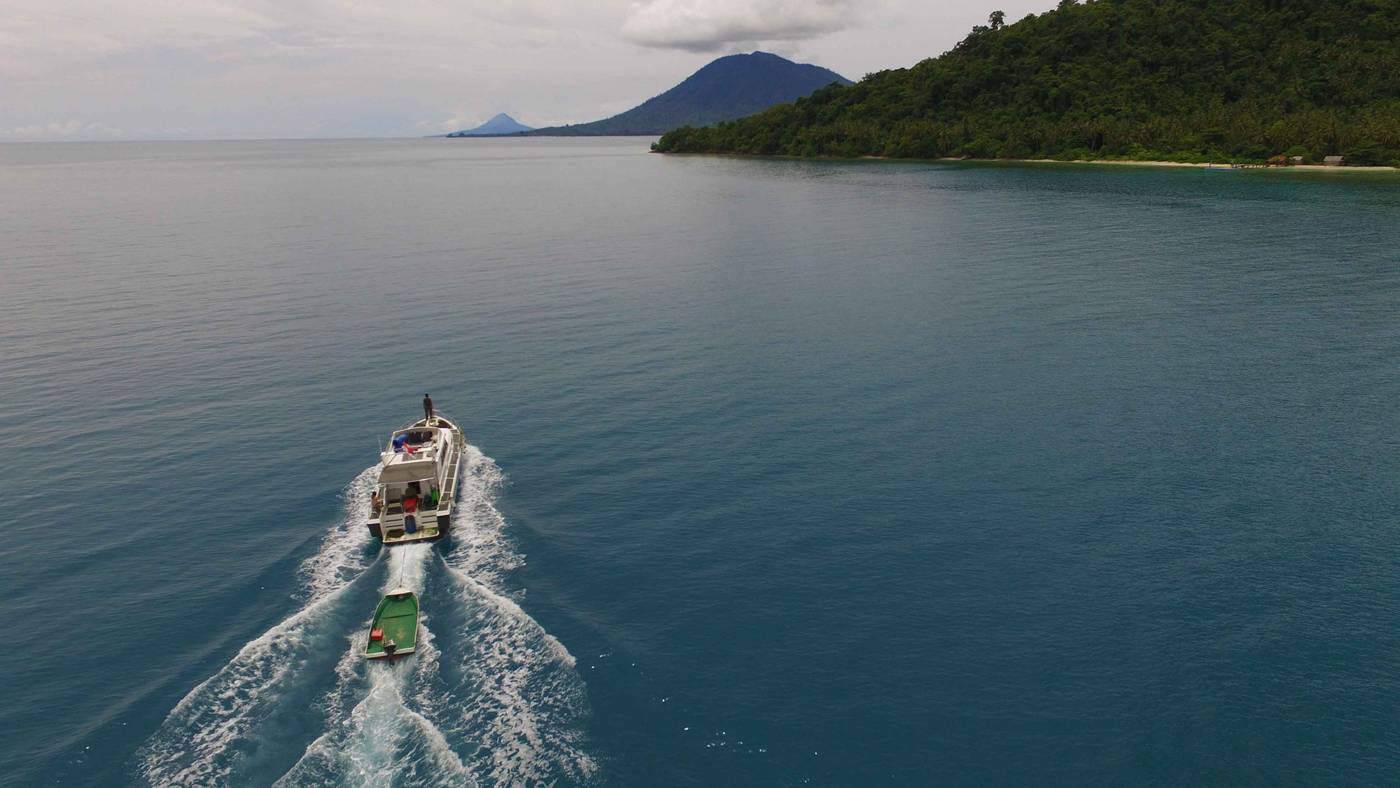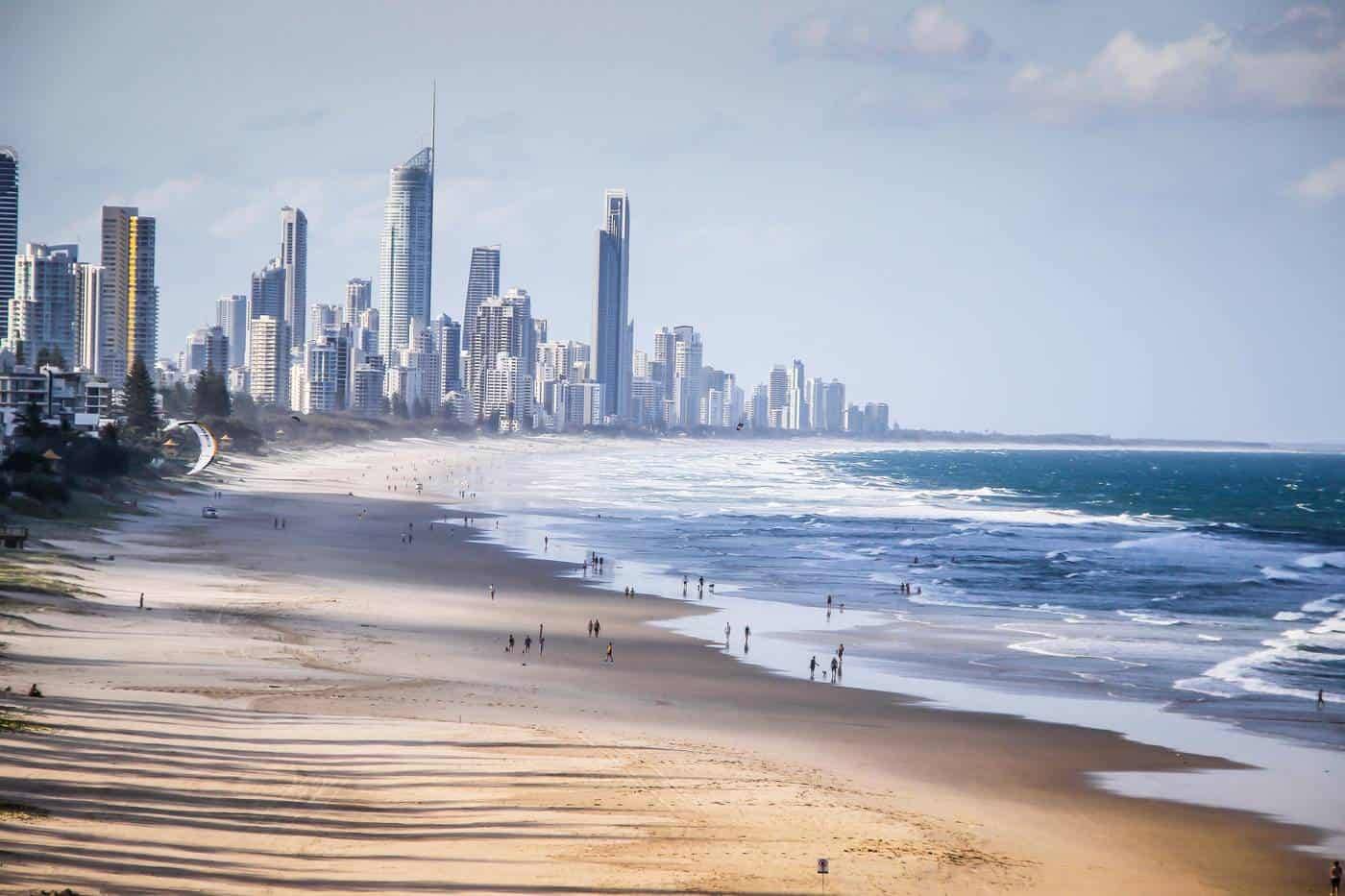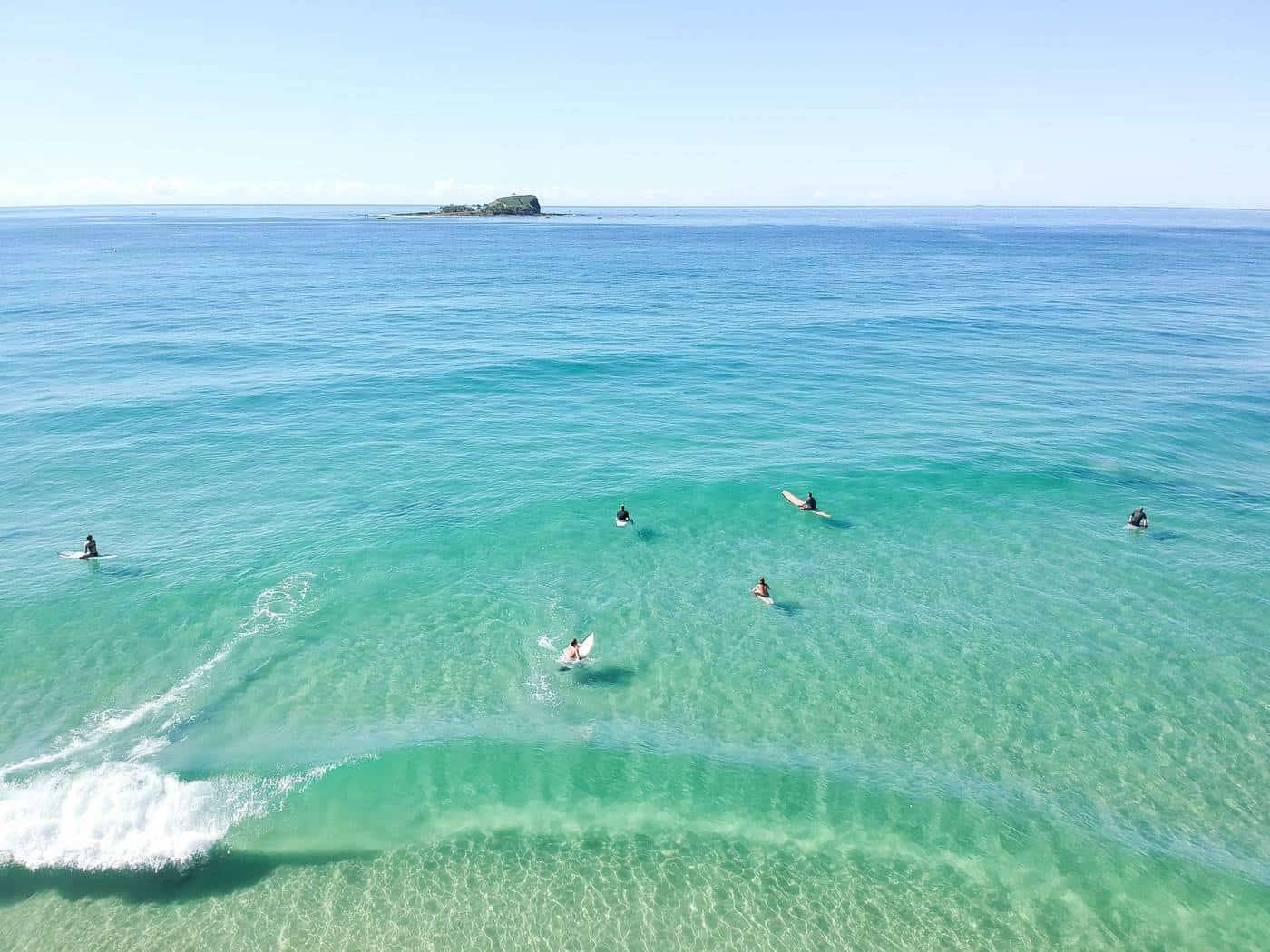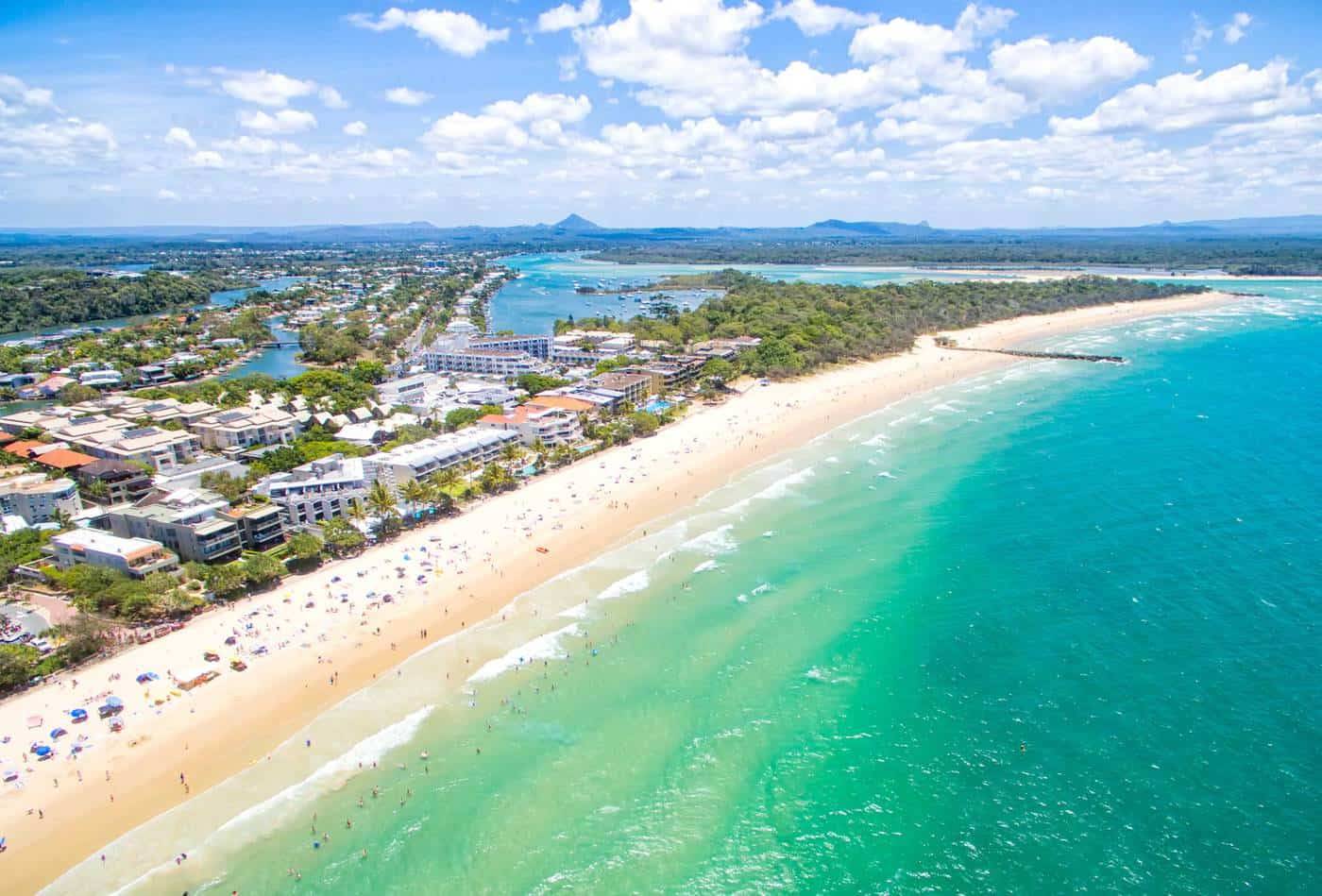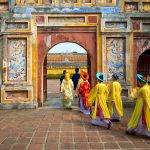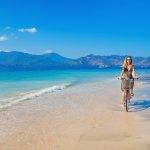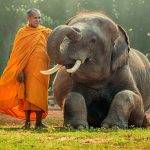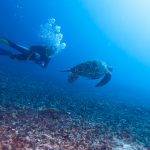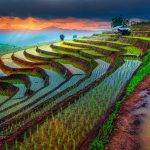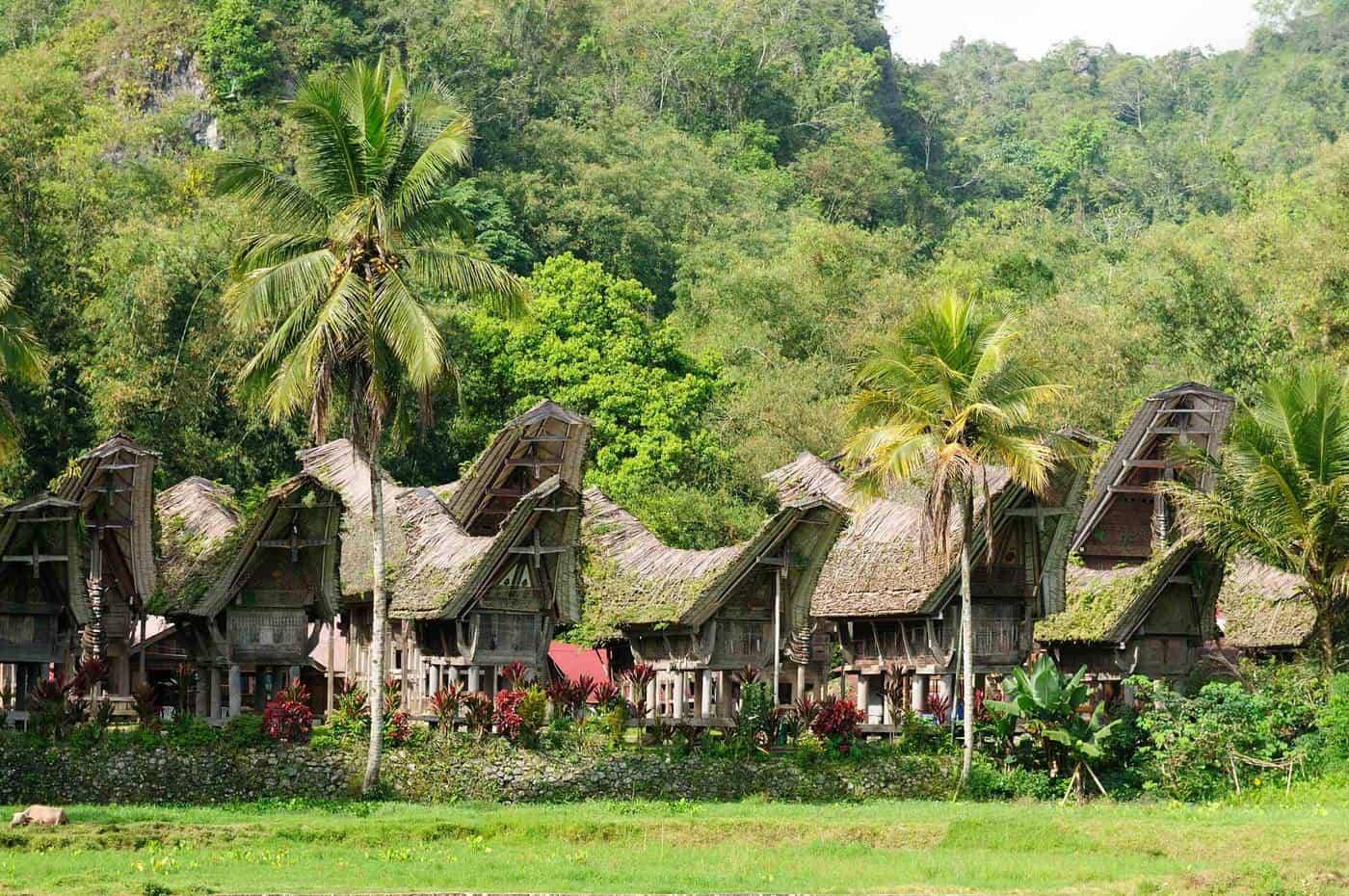
GOING TO SULAWESI (ALL YOU NEED TO KNOW)
Sulawesi, once known as the ‘Celebes,’ is one of the major islands of Indonesia. The country is renowned for its rainforest treasures in Borneo, wildlife of Sumatra, stunning beaches of Bali and volcanoes of Java, yet Sulawesi`s qualities are of a very different character.
Apart from being the centre of the Coral Triangle, the island is stuffed with rarities; animist tribes, unusual funerals, spooky jungle cemeteries, odd wildlife and some of the last sea-gypsy communities on the planet.
FEATURES OF SULAWESI
This spider-shaped island with its wrinkly arms spreading out into the sea is an extraordinary place and step back in time. Sulawesi is broken down into 6 distinct areas:
- South Sulawesi – defined by rugged landscape, national parks, volcanoes and eerie villages with bizarre funerals and walking mummies
- Southeast Sulawesi – real off-the-beaten-track, the least visited regions but some of the most scenic seascapes in Indonesia, idyllic offshore islands, lagoons, atolls, splendid beaches
- Central Sulawesi – is where all thrill seekers can set out on a long odyssey to find the indigenous sea nomads
- West Sulawesi – lesser touristy but similar to South Sulawesi in terms of scenery, beautiful coast, traditional architecture, diverse culture
- North Sulawesi – is a realm of corals, atolls and lagoons and home to one of the most diverse and richest marine bio-system in our planet as well as largely unspoiled wilderness and endangered species
- Gorontalo – very little visited part of Sulawesi, similar landscape to Nort Sulawesi, abundant wildlife, Gorontalo is the centre of Islam – interesting ethnic groups, gorgeous embroidery, dance and fashion
THE PATH LESS TRODDEN
Sulawesi is not for everyone, and it surely is not a place for a suntan. It is usually for the adventurous traveller who loves nature, excitement, likes to travel independently and is up for a challenge. This is not a vacation hotspot neither a package tour destination.
You will encounter raw beauty, cross mountains and misty volcanoes, meet varied native cultures and remote villages with indigenous people, you will experience lone wilderness, exhilaration and a sense of fright while walking through the dense jungles and ravines surrounded by skulls and peculiar animals. So bring on your camera and trekking gear, as this is one hell of a roller coaster trip!
GETTING THERE
To get to Sulawesi, one first has to arrive in Makassar, which is the capital city of the island, located in the southern part of the country. Or one may go to the other international airport in the northern part of the island – Manado, which is the largest town in the north Sulawesi and gateway to the world-class dive sites.
The entire island is served by fixed-wing aircraft. One can drive the 1900 km from Manado to Makassar, but there are narrow roads with steep inclines, sudden twists, poor weather, fog and lack of pavement – it can be fairly dangerous.
International airlines from Malaysia and Singapore have several flights a day to both Makassar and Manado. Another option is to fly via Jakarta/Java or Denpasar/Bali.
For all international flights go to www.skyscanner.com or www.momondo.com
For all domestic flights check out Lion Air, Garuda Indonesia, and Sriwijaya Air
ECO-TOURISM
Tana Toraja – Sulawesi`s icon captivates hundreds of adventurers each year with its diverse cultures, peculiar customs, and eerie funeral ceremonies. Tana Toraja is a kingdom of bizarre cemeteries, ‘walking’ mummies, skull bones, and skeletons – a place where superstitious beliefs continue to grow and still today live beings are regularly sacrificed. The reason is that the natives here celebrate death a bit differently, namely death in Sulawesi does not mean good-bye!
Togean Islands – this remote tropical wonderland is home to the Bajau Laut, known as the sea gypsies, and one of the most attractive diving destinations in Indonesia. It is possible to visit the stilt villages built on the lagoons around the island and learn more about the culture of the sea-nomads. The remoteness of Togean Islands helps them preserve their traditional lifestyle and remain unspoiled.
UNDERWATER WORLD
The major attraction for the Westerners in Sulawesi has always been the Coral Triangle. It is also the most developed part with luxurious eco-resorts and dive centres. You will encounter the most abundant marine bio-diversity in the world. Untouched by humans, the sea life is everywhere in varied colours, patterns, and texture. These images are fit for national geographic any day of the year.
There are three major areas where diving is at its best: Bunaken Lembeh and Bangka Islands. Also, the Togean Islands are spectacular for underwater world, albeit less developed. Marine life that you will see includes manta rays, dolphins, turtles, sharks, barracuda, pilot whales, and grouper.
NATIONAL PARKS
Sulawesi features numerous marvellous national parks, among which the Lore Lindu National Park, Tangkoko National Park, and Bogani Nani Wartabone National Park are the favourites. These reserves might be huge but truly worth a visit, especially for some of the rarest species on Earth.
The national parks are home to the wildlife found nowhere else, many of which are extremely endangered (Anoa, Babirusa, Maleo, Kuskus, Tarsier and Celebes Black Macaque), and are surrounded by exotic flora, e.g., Rafflesia – the world`s largest flower.
For those who are interested in spooky jungle trekking, you should spend some extra time around Tana Toraja – there are trails everywhere that take you deep into the rainforest and lead through real creepy spots. Where else in the world would you encounter open cemeteries, cliff graves, tree coffins, jungles covered with skulls, bones, and skeletons and once a year even walking mummies while hiking?
PEOPLE OF SULAWESI
As a result of the Dutch colonization, Sulawesi is predominantly a Christian island, but there is a large Islamic community. In fact, Sulawesi is home to one of the most conservative Muslim regions on our planet, where sadly, the female genital mutilation is still being practised.
The indigenous people of Sulawesi, however, are not Muslims or Christians – they are animists. The largest ethnic groups with their own language, customs and beliefs are Makassarese, Buginese, Mandarese, Minahasan, Torajan and Bajauan.
THE LOCAL CUISINE
Well, the food topic is worth adding an extra line or two as Sulawesi truly makes an outlandish destination. Andrew Zimmerman would surely agree. The cuisine in Sulawesi is an interesting mixture of Dutch, Indian and Oriental cultures, albeit the menu often contains traditional ‘goodies.’
The locals are big meat lovers and if you are a vegetarian be aware that you might lose a few pounds in Sulawesi. Perhaps even if you are a meat-eater you might want to watch what`s on your plate; it can be literally any kind of animal (sadly often endangered species).
Not exactly appetizing yet commonly eaten, monkeys, bats, birds, dogs, and rats – flame-roasted, dried, cooked or raw, yes these can be found in taverns alive, dead, whole, chopped and if you are lucky you might even witness the actual slaughter at any local market.
Nevertheless, the good thing about Sulawesi is that you can get some of the world`s best coffee beans. Coffee is generally harvested for export, and it is as good as any brand name coffee in the Western world. However, alcohol is fairly expensive on the island.
GETTING AROUND
Sulawesi is known for very rugged terrain, and the best mode of transport is an airplane or a boat. The roads are not in the best shape, and there is no roadside assistance if you were to get into car trouble. Travelling from Makassar to Tana Toraja is a very common tourist trip, and there are reliable shuttle buses. Other than that would rather be an adventure.
Some people do rent scooters to get around the local towns, and the most adventurous would hire a motorbike and drive around the island (it is possible, but it requires good planning and lots of time, at least 3-4 weeks. Also if you have never ridden a scooter maybe you should try somewhere else to learn that).
DAILY BUDGET
Accommodation is relatively cheap at $20-30 USD per person (homesteads and guesthouses), and it does typically include meals. Diving will cost about $20-$30 USD a day on average. Naturally, the prices in less touristy areas will hugely differ from the Bunaken 5 star eco-retreats (these can cost up to hundreds of dollars a night). Tana Toraja might be a bit more expensive, especially during the festive season. Togean Islands offer reasonably priced beach bungalows.
NOTE that almost everything Western on the island is prohibitively expensive (alcohol, soft drinks and so on). Cigarettes, however, are ridiculously cheap.

Accommodation in Sulawesi ranges from inexpensive beach bungalows (Togean Islands) and traditional homesteads (Tana Toraja) to upscale private resorts (Bunaken)
GO EASY
The one thing you must know about Sulawesi is that everything is done at a very slow pace; So, that means you will often be waiting and more waiting. Nothing is on schedule, including the airlines. Everyone is late. So, be prepared for slow travel and do not get upset – this is the way it is. Bring a book or two!
TRAVEL TIP
Because everything is scattered on this island, you really need to come up with a plan/itinerary before you come here. Otherwise, you will miss out on something exciting. The funeral ceremonies in Tana Toraja are held a few times a year only, and the Manene Festival (walking the mummies) is held once a year – so check it out online prior to arrival.
WHEN TO TRAVEL
The best time to travel in Sulawesi is the dry season (June-October) when also the funeral ceremonies and Torajan festivals take place.
Suggested time to spend in Sulawesi is 3-4 weeks provided you want to see all the highlights.








